5 Free University Courses to Learn Databases and SQL
KDnuggets
MARCH 5, 2024
Looking to learn SQL and databases to level up your data science skills? Learn SQL, database internals, and much more with these free university courses.
This site uses cookies to improve your experience. By viewing our content, you are accepting the use of cookies. To help us insure we adhere to various privacy regulations, please select your country/region of residence. If you do not select a country we will assume you are from the United States. View our privacy policy and terms of use.
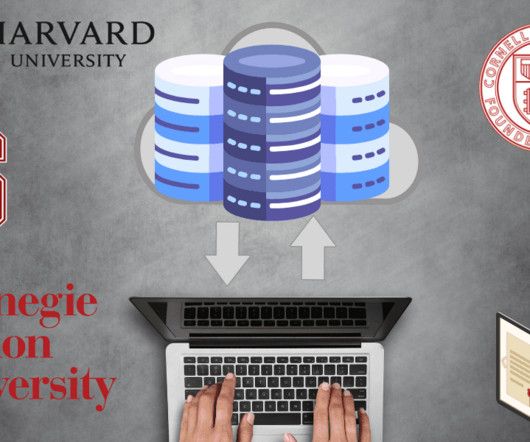
KDnuggets
MARCH 5, 2024
Looking to learn SQL and databases to level up your data science skills? Learn SQL, database internals, and much more with these free university courses.

Analytics Vidhya
MARCH 8, 2024
Introduction Proficiency with databases and SQL is essential for many job choices in today’s tech-driven world, from ambitious software engineers to fledgling data professionals. These courses offer […] The post Top 5 University Courses to Learn Databases and SQL appeared first on Analytics Vidhya.
This site is protected by reCAPTCHA and the Google Privacy Policy and Terms of Service apply.
The Path to Product Excellence: Avoiding Common Pitfalls and Enhancing Communication
Peak Performance: Continuous Testing & Evaluation of LLM-Based Applications
Manufacturing Sustainability Surge: Your Guide to Data-Driven Energy Optimization & Decarbonization
From Developer Experience to Product Experience: How a Shared Focus Fuels Product Success
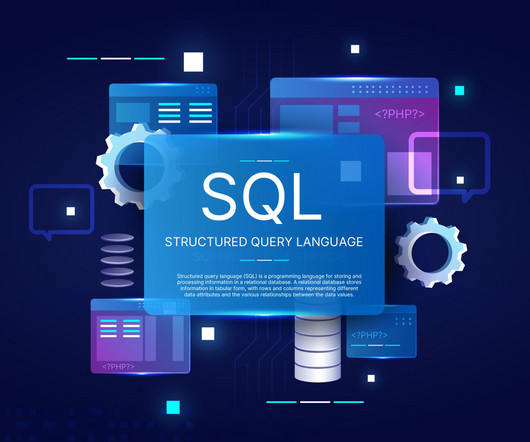
Analytics Vidhya
JANUARY 16, 2024
Introduction Searching for specific patterns within the data is often necessary when working with databases. This is where the SQL LIKE operator comes in handy. The LIKE operator allows you to perform pattern matching on text data, making it a powerful tool for filtering and retrieving information from a database.
The Path to Product Excellence: Avoiding Common Pitfalls and Enhancing Communication
Peak Performance: Continuous Testing & Evaluation of LLM-Based Applications
Manufacturing Sustainability Surge: Your Guide to Data-Driven Energy Optimization & Decarbonization
From Developer Experience to Product Experience: How a Shared Focus Fuels Product Success

Analytics Vidhya
JULY 5, 2022
Introduction This article shows how you can create and manage a Cloud SQL Database on Google Cloud Platform and further connect that database to any web application. This tutorial shows how you can join that database with a Django Application. By the end […].

Analytics Vidhya
FEBRUARY 27, 2023
The database is the major element of a data science project. To generate actionable insights, the database must be centralized and organized efficiently. If a corrupted, unorganized, or redundant database is used, the results of the analysis may become inconsistent and highly misleading. appeared first on Analytics Vidhya.

Analytics Vidhya
JANUARY 17, 2024
Introduction Structured Query Language (SQL) is the backbone of relational database management systems, empowering users to interact with and retrieve information from databases. When working with databases, sorting the data in a specific order is often necessary to make it more meaningful and easier to analyze.
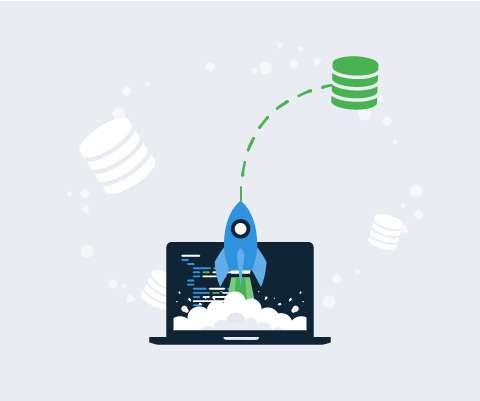
Analytics Vidhya
JULY 18, 2022
Introduction Relational databases are here to stay, regardless of the hype and the rise of newer ones called NoSQL databases. The simple reason is that relational databases enforce basic structure and constraints and provide a friendly, declarative language for querying data (that we […].
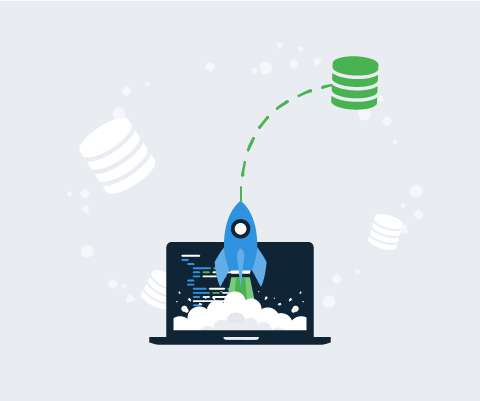
Analytics Vidhya
FEBRUARY 2, 2023
Introduction SQL injection is an attack in which a malicious user can insert arbitrary SQL code into a web application’s query, allowing them to gain unauthorized access to a database. We can use this to steal sensitive information or make unauthorized changes to the data stored in the database.
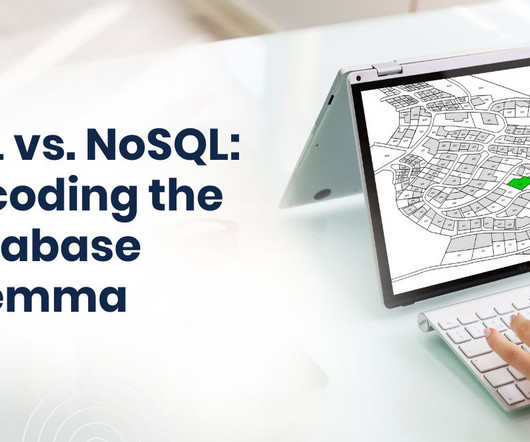
Data Science Dojo
JULY 12, 2023
Welcome to the world of databases, where the choice between SQL (Structured Query Language) and NoSQL (Not Only SQL) databases can be a significant decision. In this blog, we’ll explore the defining traits, benefits, use cases, and key factors to consider when choosing between SQL and NoSQL databases.
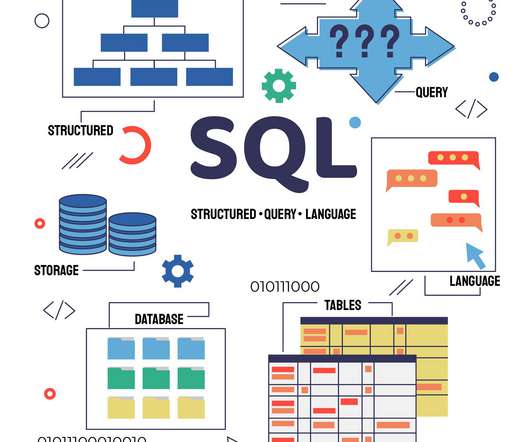
KDnuggets
SEPTEMBER 16, 2022
Get up to speed on SQL and relational databases with this free video course.

Analytics Vidhya
JANUARY 17, 2024
Introduction Structured Query Language (SQL) is a powerful tool for managing and manipulating relational databases. In this blog post, we’ll delve into the intricacies of the SQL DATEDIFF function, exploring its syntax, use cases, and […] The post SQL DATEDIFF function appeared first on Analytics Vidhya.

Analytics Vidhya
JANUARY 16, 2024
Introduction Structured Query Language (SQL) is a cornerstone in database management, offering robust functions to manipulate and retrieve data. Among these functions, the COALESCE function in SQL emerges as a powerful tool for handling NULL values efficiently.

Analytics Vidhya
JANUARY 18, 2024
Welcome to the SQL Mastery Quiz, where we unravel the complexities of databases and dive deep into the language that empowers data-driven applications – Structured Query Language (SQL)! SQL is the key to unlocking the secrets stored within databases in this digital arena, where data reigns supreme.

Analytics Vidhya
MAY 22, 2021
The post How to Fetch Data using API and SQL databases! ArticleVideo Book This article was published as a part of the Data Science Blogathon Introduction Getting complete and high-performance data is not always the case. appeared first on Analytics Vidhya.

Analytics Vidhya
JANUARY 17, 2024
Introduction Structured Query Language (SQL) is the cornerstone of database management, enabling users to interact with and manipulate data efficiently. One of the fundamental functions in SQL is COUNT, a powerful tool that provides valuable insights into the size of datasets.

Analytics Vidhya
APRIL 23, 2024
Alibaba, in collaboration with Nanyang Technological University and Singapore University of Technology and Design, unveils LLM-R2, an innovative system aimed at enhancing SQL query efficiency. Also Read: […] The post Alibaba’s LLM-R2: Revolutionizing SQL Query Efficiency appeared first on Analytics Vidhya.
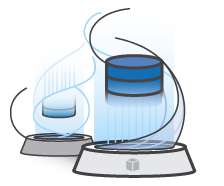
Analytics Vidhya
APRIL 26, 2022
Introduction on Apache Cassandra Apache Cassandra is a scalable database intended to manage massive volumes of data over many commodity computers while maintaining high availability and avoiding a unique failure point. It has high performance, and it is a NO-SQL database. Before understanding […].
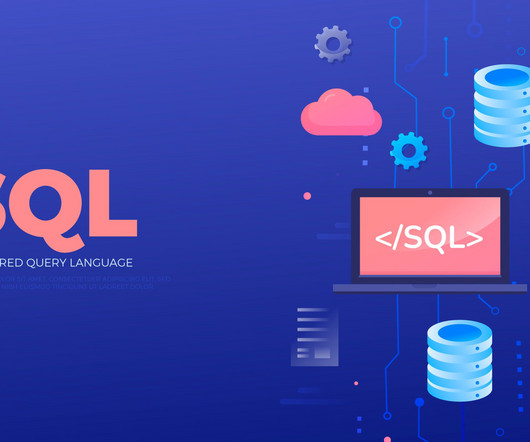
Analytics Vidhya
DECEMBER 23, 2023
Introduction Structured Query Language (SQL) is a powerful tool for managing and manipulating relational databases. Whether you are a budding data scientist, a web developer, or someone looking to enhance your database skills, practicing SQL is essential. So, are you a beginner in SQL looking to enhance your skills?

Analytics Vidhya
FEBRUARY 8, 2024
Introduction In the rapidly evolving field of Natural Language Processing (NLP), one of the most intriguing challenges is converting natural language queries into SQL statements, known as Text2SQL.
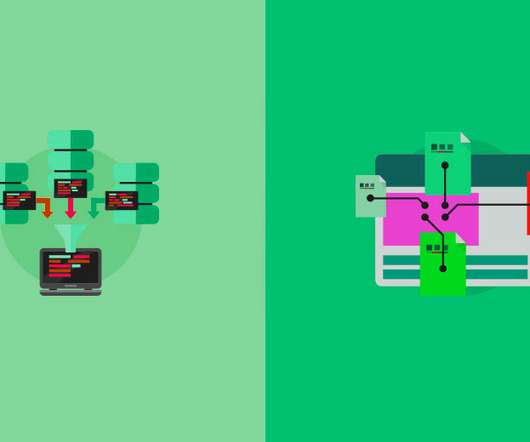
Analytics Vidhya
OCTOBER 17, 2020
Overview Understand what SQL and NoSQL databases are. Go through the prominent difference between SQL and No SQL Databases. The post SQL vs NoSQL Databases – A Key Concept Every Data Engineer Should Know appeared first on Analytics Vidhya. This is not an exhaustive.
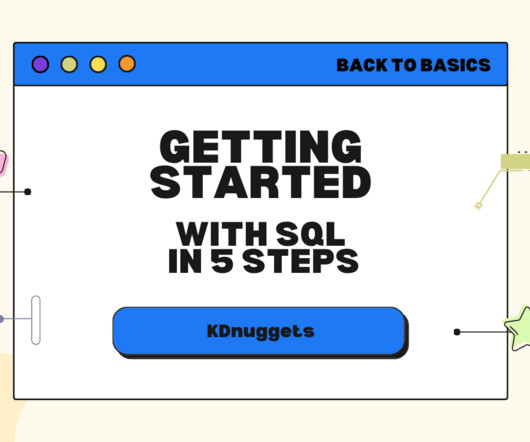
KDnuggets
SEPTEMBER 13, 2023
Getting Started with SQL in 5 Steps • Introduction to Databases in Data Science • Time 100 AI: The Most Influential?

Machine Learning Mastery
MARCH 1, 2024
In the realm of data analysis, SQL stands as a mighty tool, renowned for its robust capabilities in managing and querying databases. This exploration delves into […] The post Beyond SQL: Transforming Real Estate Data into Actionable Insights with Pandas appeared first on MachineLearningMastery.com.

Analytics Vidhya
DECEMBER 6, 2023
Introduction Structured Query Language (SQL) is the backbone of relational database management systems. It serves as a powerful tool for manipulating and retrieving data from large databases. Whether you […] The post Top 10 Books to Master SQL Concepts in 2024 appeared first on Analytics Vidhya.
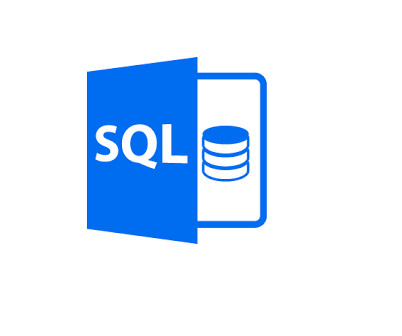
Analytics Vidhya
DECEMBER 21, 2023
Introduction SQL remains the cornerstone of data manipulation and analysis in the digital age. Whether you’re a budding data analyst, a seasoned database administrator, or a developer looking to refine your querying abilities, practicing SQL is pivotal. But where does one turn to refine their SQL skills?
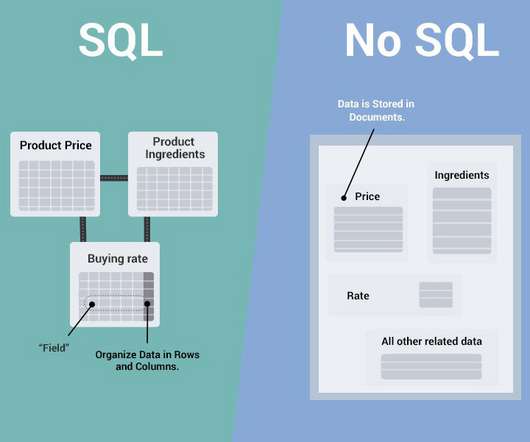
KDnuggets
SEPTEMBER 5, 2022
People assume that NoSQL is a counterpart to SQL. Instead, it’s a different type of database designed for use-cases where SQL is not ideal. The differences between the two are many, although some are so crucial that they define both databases at their cores.
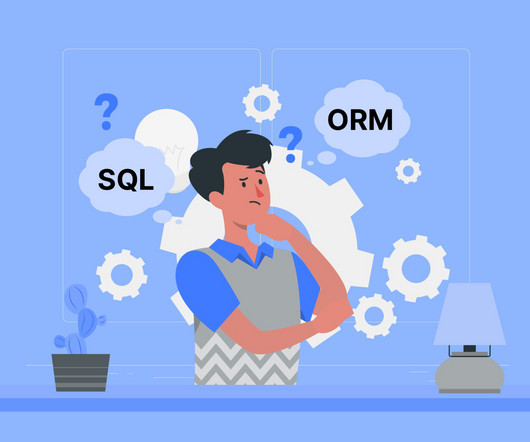
Analytics Vidhya
JANUARY 2, 2024
Introduction When it comes to working with databases, two commonly used approaches are SQL and Object-Relational Mapping (ORM). While both serve the purpose of interacting with databases, they have distinct differences in terms of their functionality, usage, and benefits. appeared first on Analytics Vidhya.

Analytics Vidhya
JANUARY 10, 2024
Introduction SQL, a robust language for managing relational databases, boasts a compelling feature known as the WITH clause. This blog post will delve into the WITH clause in SQL, unraveling its effective usage to enhance […] The post 5 Easy Ways to Use SQL WITH Clause appeared first on Analytics Vidhya.

Data Science Dojo
MARCH 25, 2024
MySQL is a popular database management system that is used globally and across different domains. It is one of the most popular database management systems (DBMS) globally that supports all major operating systems: Linux, macOS, and Windows. Databases are stored on a server, which is typically a remote computer or a cloud server.
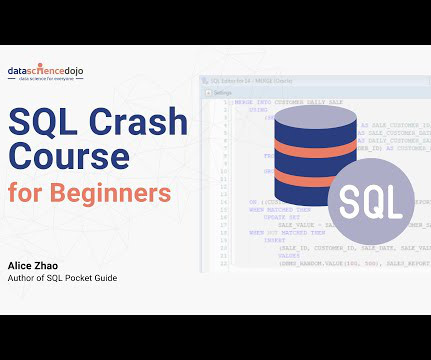
Data Science Dojo
MARCH 25, 2024
MySQL is a popular database management system that is used globally and across different domains. It is one of the most popular database management systems (DBMS) globally that supports all major operating systems: Linux, macOS, and Windows. Databases are stored on a server, which is typically a remote computer or a cloud server.
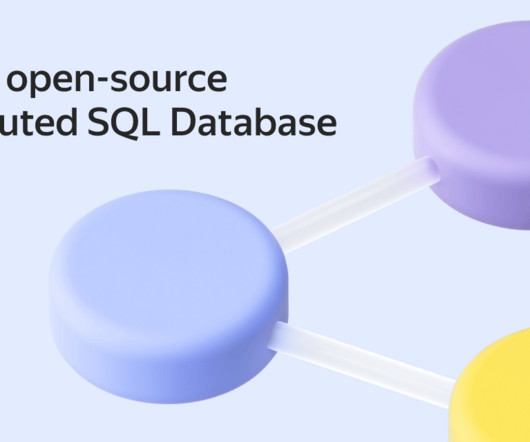
Hacker News
FEBRUARY 3, 2024
YDB is an open source Distributed SQL Database that combines high availability and scalability with strong consistency and ACID transactions.
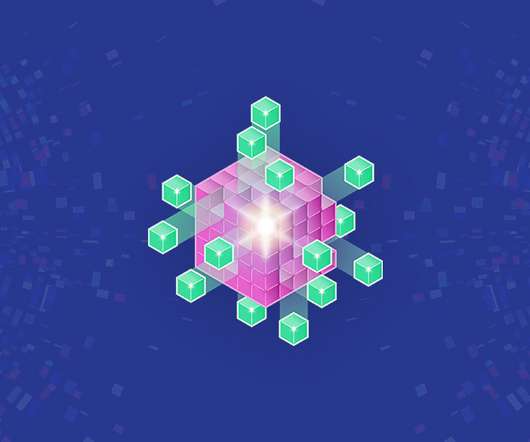
Analytics Vidhya
OCTOBER 12, 2022
This brings up databases, and SQL and PL/SQL stand […]. The post SQL and PL/SQL – An Unmissable Comparison appeared first on Analytics Vidhya. Data is getting significant and gaining more traction by the day. Hence it is required to store such a large amount of data carefully.

insideBIGDATA
MAY 2, 2023
Kinetica announced an analytic database to integrate with ChatGPT, ushering in ‘conversational querying.’ Users can ask any question of their proprietary data, even complex ones that were not previously known, and receive an answer in seconds.

OCTOBER 20, 2023
Want to learn SQL the Harvard way? Start learning today with CS50 SQL, a free course on databases with SQL from Harvard.
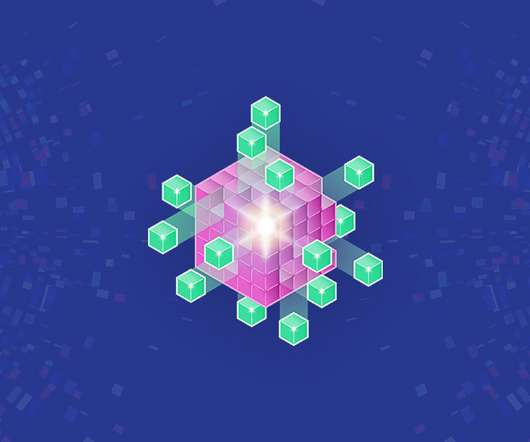
Analytics Vidhya
JULY 29, 2022
Introduction SQL?—?A As its name suggests, it is primarily used to query, i.e., fetch the data from the relational database where data is stored in the form of tables. SQL helps […]. The post SQL Commands for Data Science appeared first on Analytics Vidhya.

Analytics Vidhya
JANUARY 24, 2023
Introduction What kind of database did you use to build your most recent application? According to Scalegrid’s 2019 database trends report, SQL is the most popular database form, with more than 60% of its use. It is followed by NoSQL databases with more than 39% use.
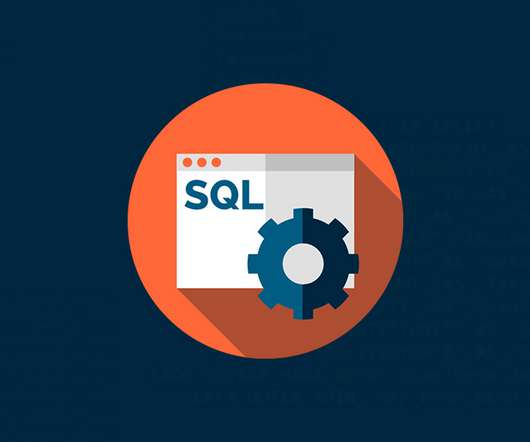
Analytics Vidhya
APRIL 29, 2022
The post From Blob Storage to SQL Database Using Azure Data Factory appeared first on Analytics Vidhya. The data-driven workflow in ADF orchestrates and automates the data movement and data transformation. In this article, I’ll show […].

KDnuggets
MAY 5, 2022
The free book is a combination of SQL cheat sheets and practical database examples. It provided bite-size information about every SQL function and attribute with coding samples.
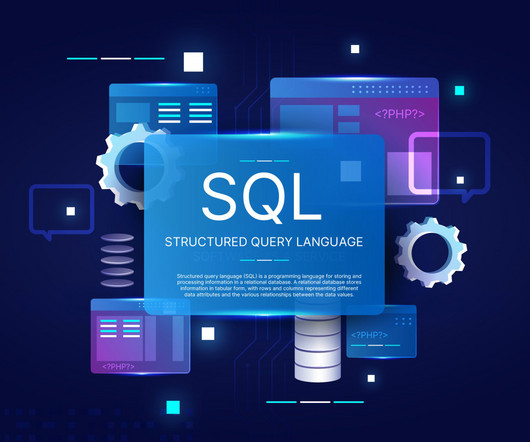
Analytics Vidhya
JANUARY 2, 2024
Introduction SQL (Structured Query Language) is a powerful tool for managing and analyzing data in relational databases. It allows users to retrieve, manipulate, and transform data using a set of standardized commands.
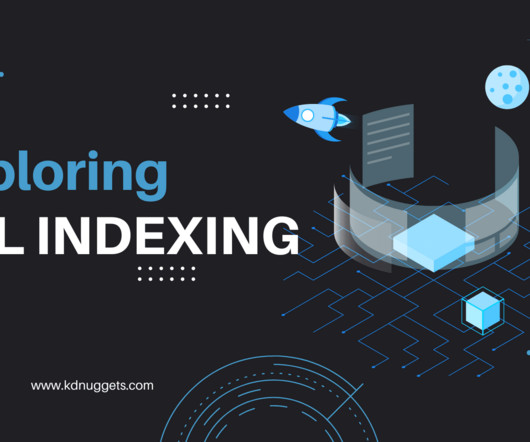
KDnuggets
JULY 13, 2023
Learn about Indexing in SQL and how you can increase the retrieval speed of the SELECT queries and WHERE clauses.
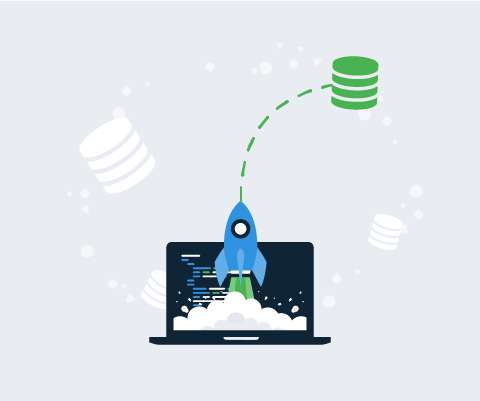
Analytics Vidhya
JUNE 4, 2022
Introduction on SQL Server SQL Server is an RDBMS developed and maintained by Microsoft. Triggers are used in SQL Server to respond to an event in the database server. Trigger automatically gets fired when an event occurs in the database server. This article was published as a part of the Data Science Blogathon.

Analytics Vidhya
FEBRUARY 21, 2023
Introduction SQL is a database programming language created for managing and retrieving data from Relational databases like MySQL, Oracle, and SQL Server. SQL(Structured Query Language) is the common language for all databases. In other terms, SQL is a language that communicates with databases.

Analytics Vidhya
MARCH 14, 2023
This generated data is stored in the database and will maintain it. SQL is a structured query language used to read and write these databases. In simple words, SQL is used […] The post Top 5 SQL Interview Questions With Implementation appeared first on Analytics Vidhya.
Expert insights. Personalized for you.
We have resent the email to
Are you sure you want to cancel your subscriptions?


Let's personalize your content